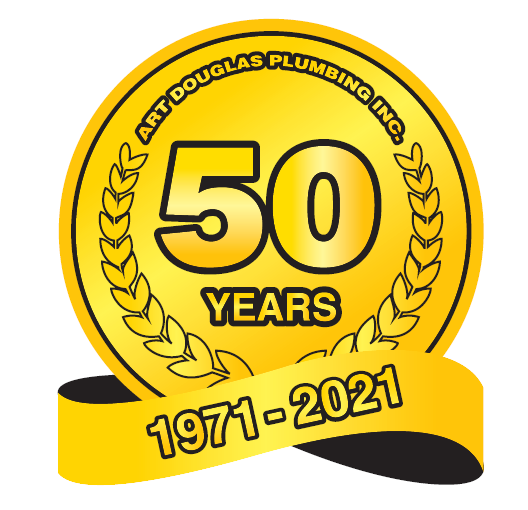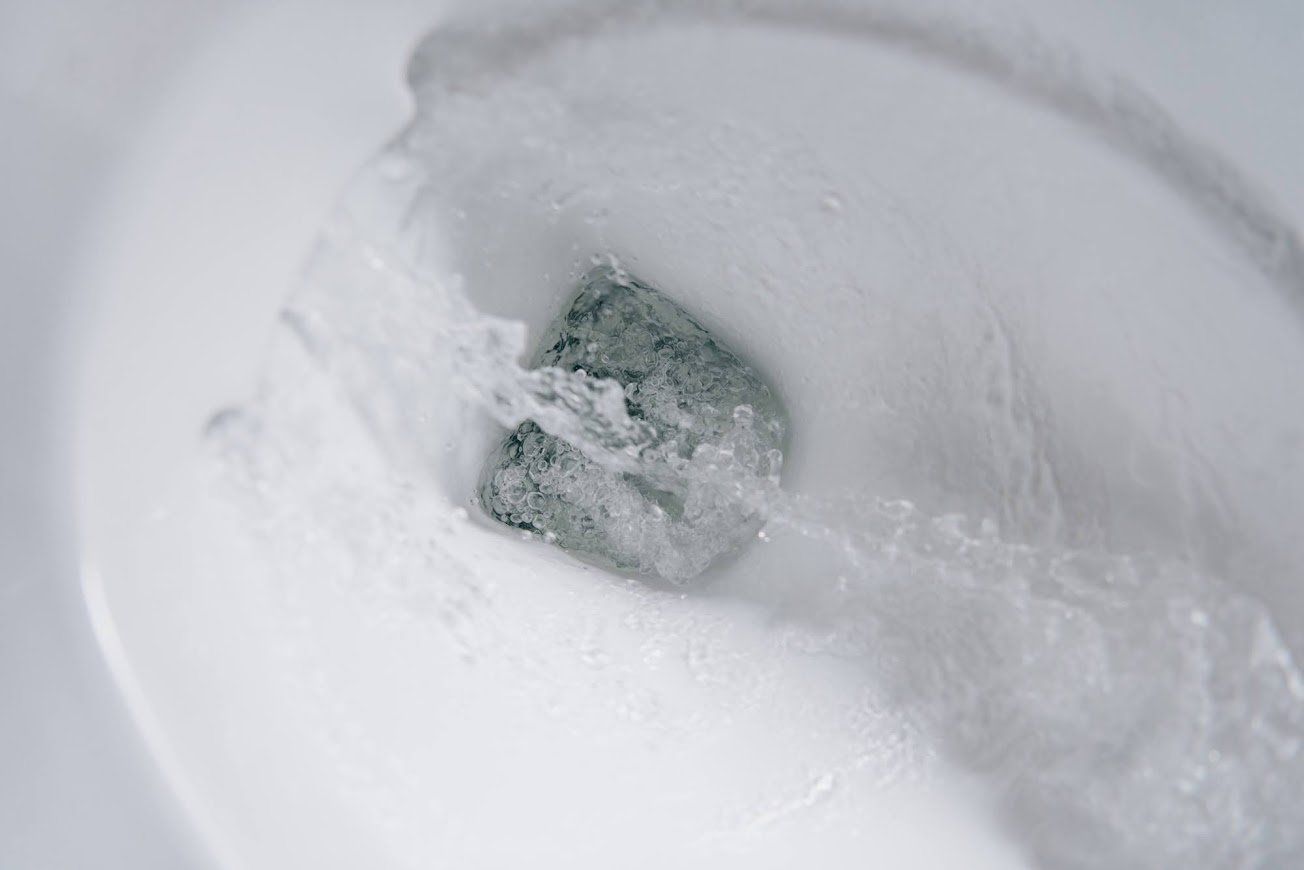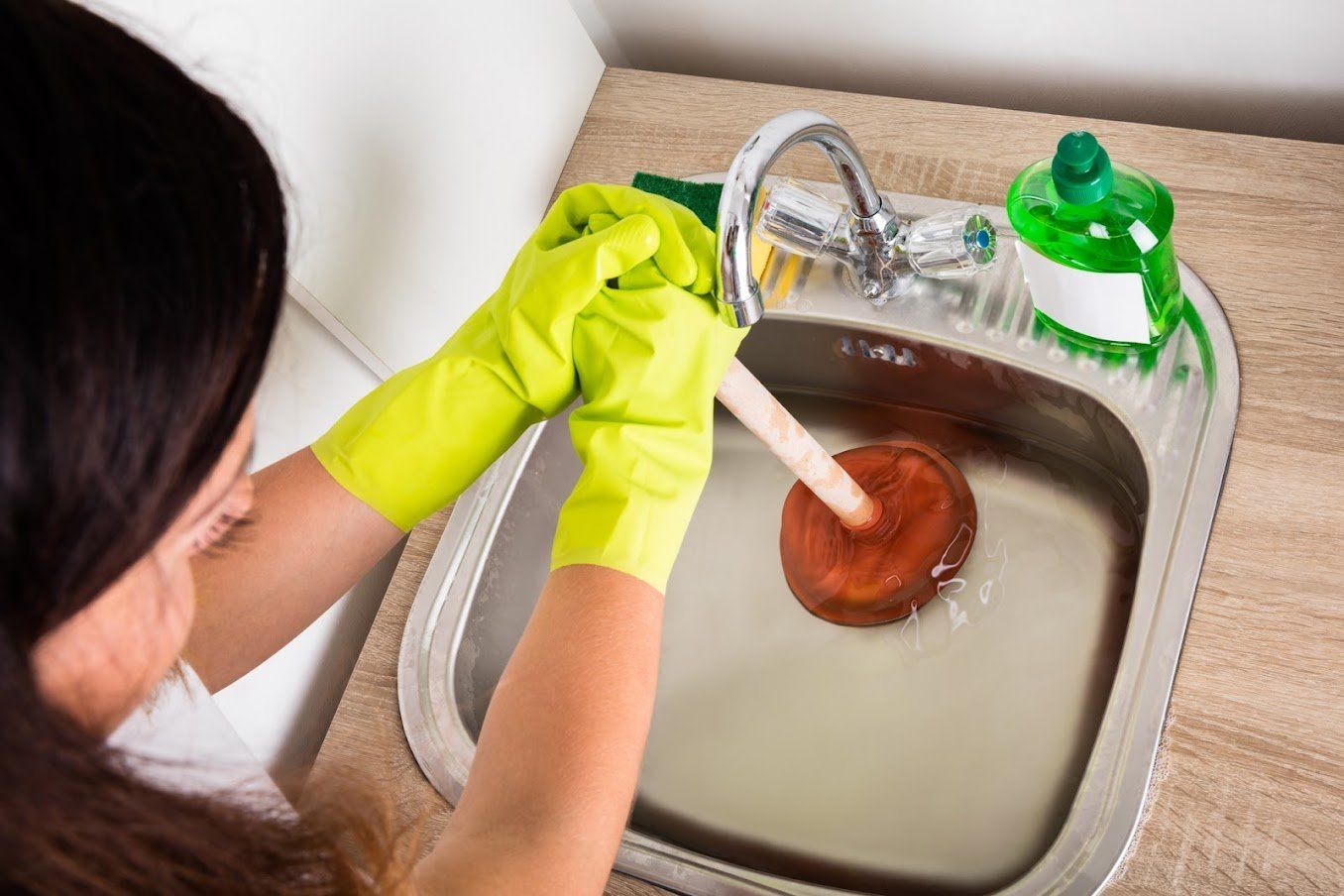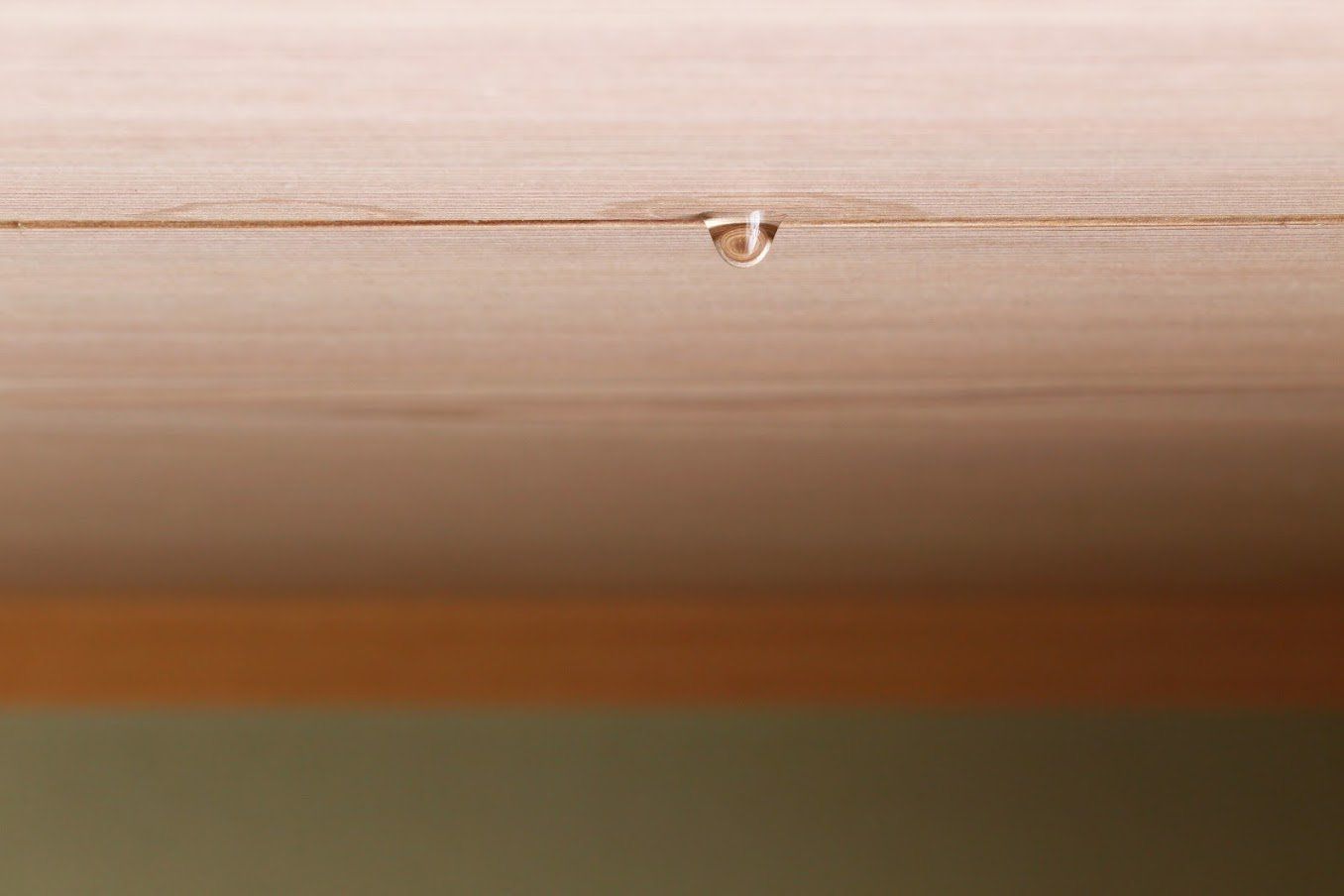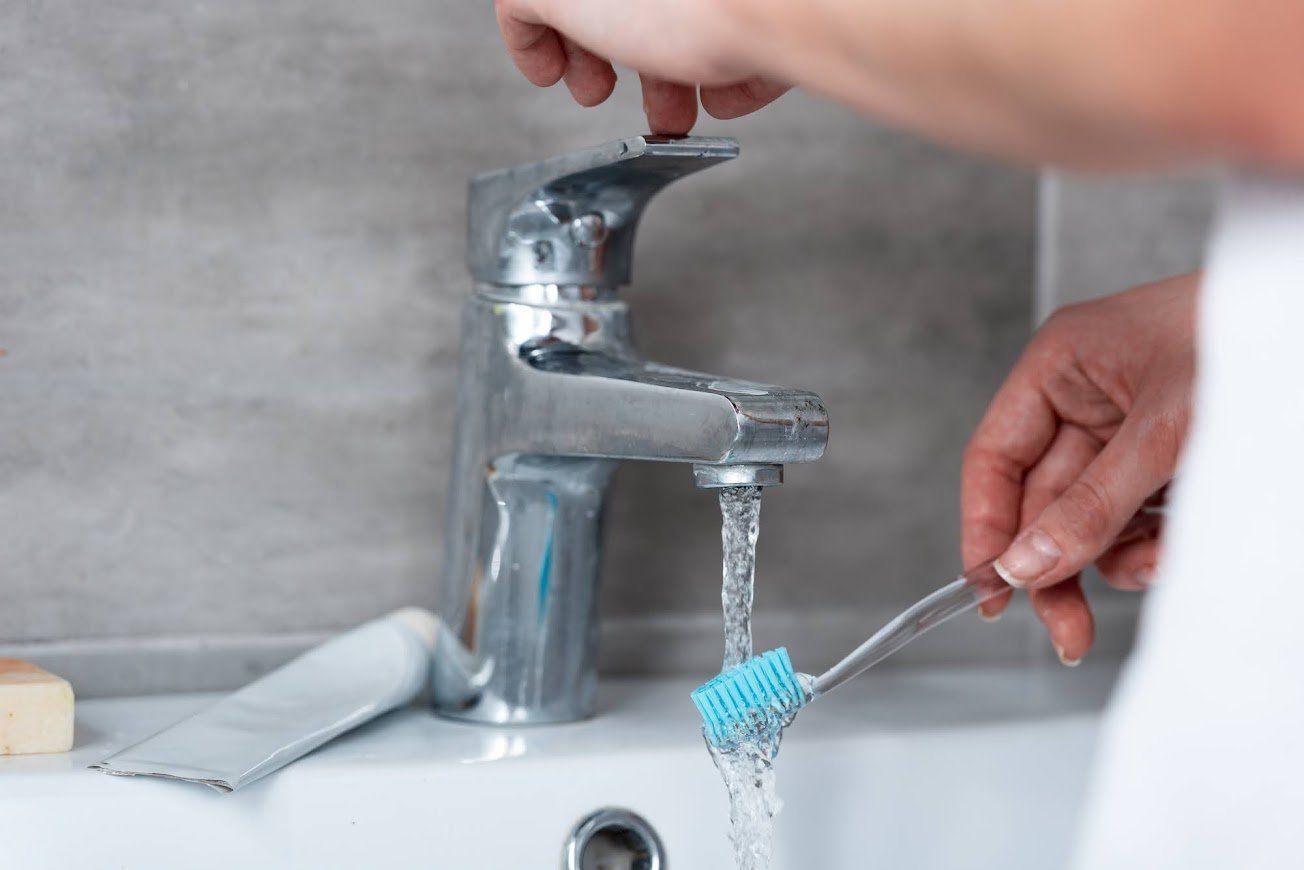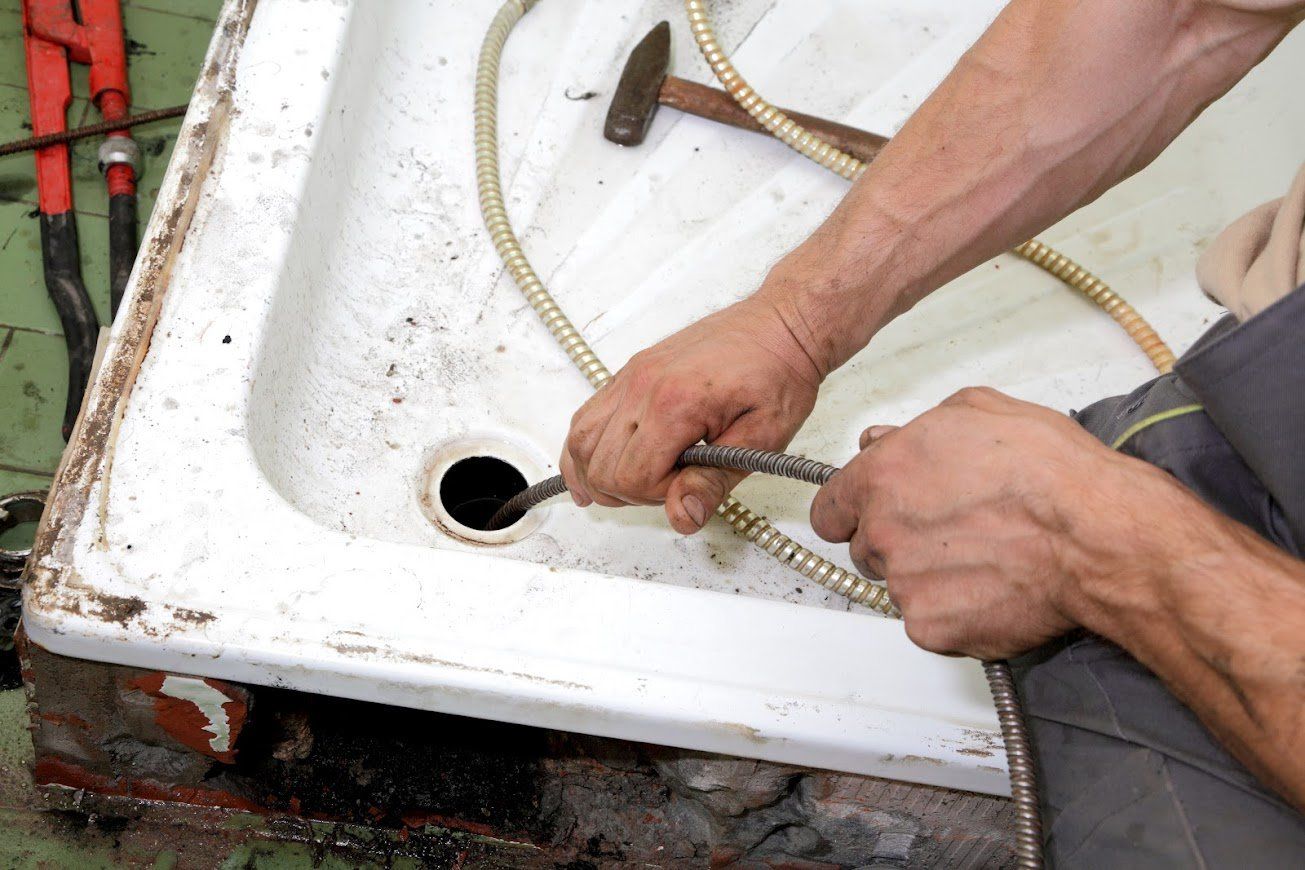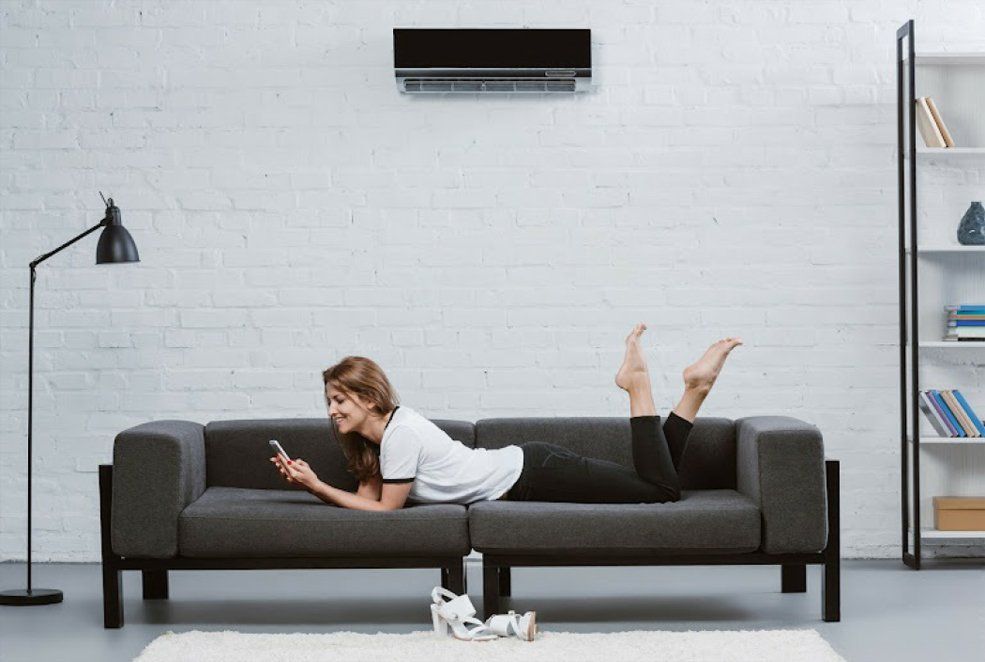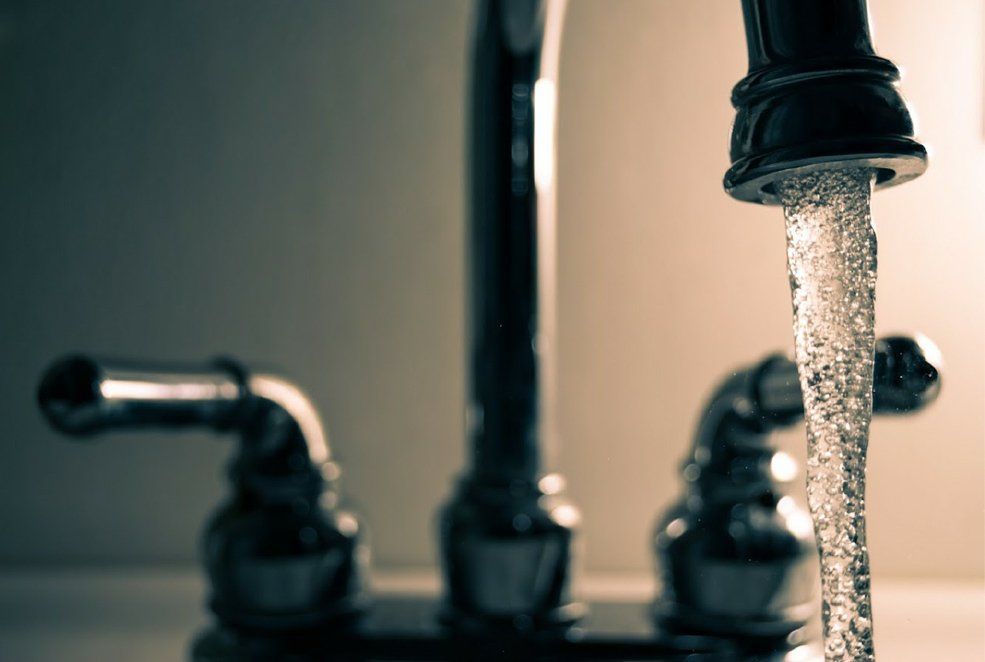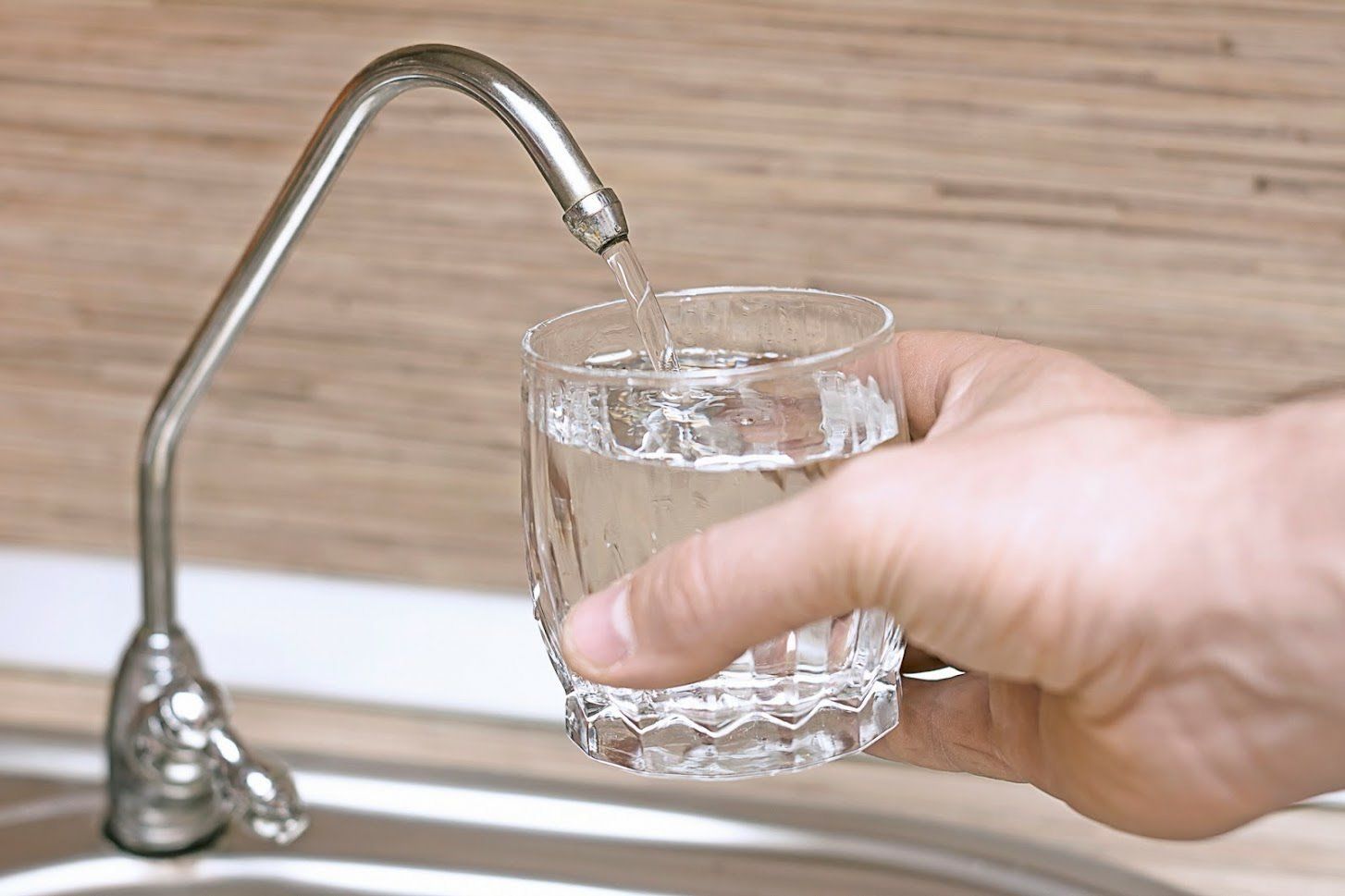Plumbing System Maintenance Tips
Admin • June 30, 2020
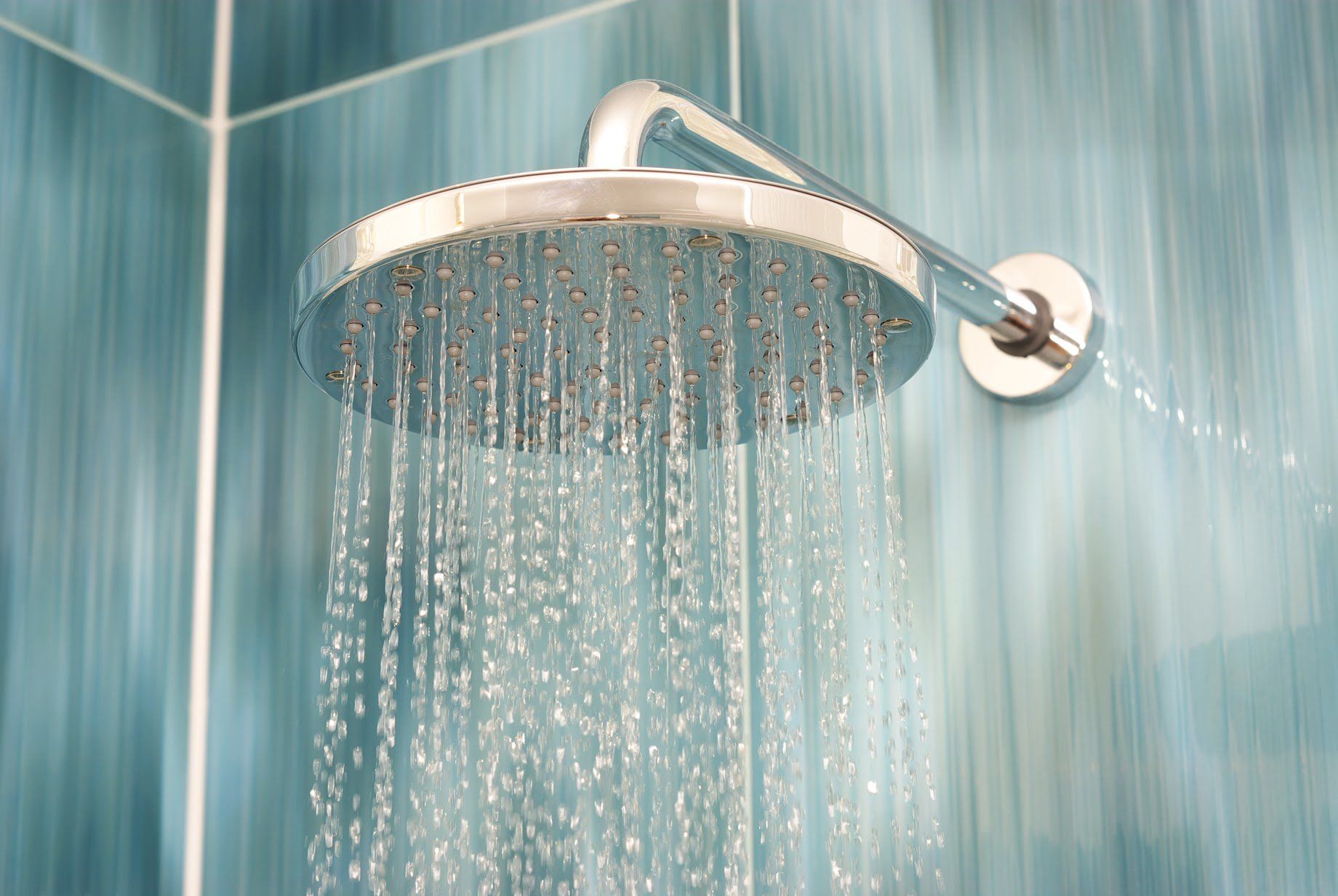
Plumbing systems are central in any building because they ensure an adequate supply of clean water. The primary plumbing system has to satisfy certain fundamental principles to be considered effective. As a homeowner, however, you also have a responsibility to take care of your water supply system for it to serve you efficiently for long.
Some homeowners don’t pay much attention to their plumbing lines, and they encounter issues that they could have prevented. Here are practical plumbing system maintenance tips to keep in mind.
Inspect Your Faucets and Showerheads
You should always inspect your showerheads and faucets regularly for signs of a leak. Any drip from these components should call for action. If you don't fix it on time, the problem is likely to worsen, and your water bills will rise.
Pay attention to your bathroom and mop the floor dry, so that you can spot any drip from the showerhead. Check under your sinks for any signs of water drips when water is running.
Eliminate Food Particles and Debris
When doing dishes, empty all the food particles in the dustbin before you put the plates in the sink. Food particles usually clog drains, which can then affect your entire system. This tip also applies to the bathroom; you should not allow hair or any other debris down the drain. You can install a screen over shower drains to prevent debris from getting into the plumbing system.
Run Cold Water in the Sinks
After doing dishes, you should let cold water run for approximately a few seconds to ensure that any food waste that passed is pushed to the main plumbing line.
Avoid the Use of Chemicals
Most people use chemical agents to unclog their drains. This is not a good idea because the chemicals can erode the pipes, and weaken them. Moreover, these chemicals rarely remove all the dirt, and thus the issue is likely to reoccur. You should always hire a plumber to remove the dirt from your system entirely.
Use Low Pressure
Unless you actually need high pressure, you should always run your water in low pressure. Weak pipes cannot withstand high pressure, and this could lead to leaks and pipe bursts. Therefore, you need to ask your family to ease the pressure on your plumbing pipes by using low pressure.
Also, if your shower head or faucets are releasing water with an unusual low pressure, you should remove and clean them. They typically amass sediments that hinder the smooth flow of water. If your equipment is sophisticated that you can't open, you should call a plumber.
Avoid Flushing Everything
Only flush flushable items down the toilet, for example, toilet papers and wipes that are labeled "flushable." Avoid flushing things that could clog your pipes, such as tampons, magazines, and diapers.
Most kids make this mistake because they don't know how the system works. You should train your kids on how to dispose of things that can't be flushed to avoid clogging your system.
Understand Your Plumbing System
Homeowners need to learn their plumbing system and understand how the pipes are connected and where the main valves are located. This information is critical because your house may overflow with water because of a pipe burst, and you might need to shut off the main valve. If you don't know where the valve is, your house might flood.
If you plan to renovate your house, you should know the location of the plumbing lines to avoid any issues as you upgrade the sinks, showerheads, and bathtub. This doesn't mean that you need to know all plumbing concepts, but the basics can come in handy when the unexpected happens.
Proper maintenance of your plumbing system can prevent major plumbing issues. However, you need to involve professional plumbers for routine inspection and repair services. Our company offers quality plumbing services at reasonable fees. Contact us right away to request our services.

